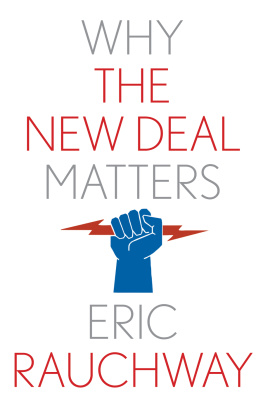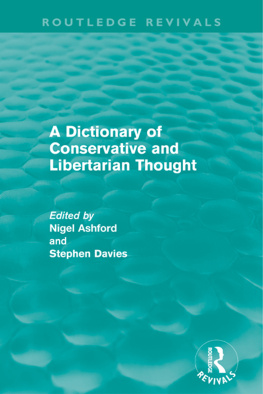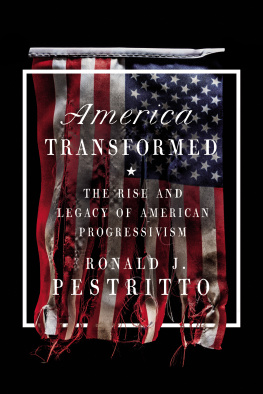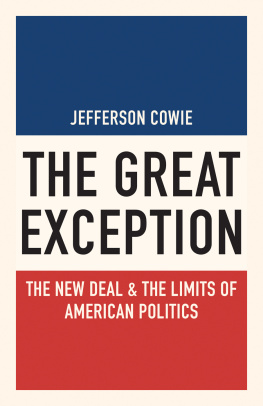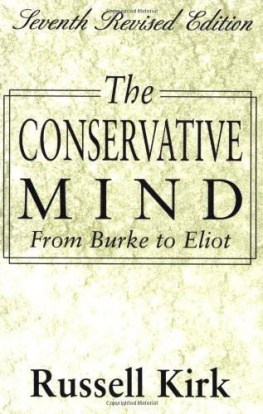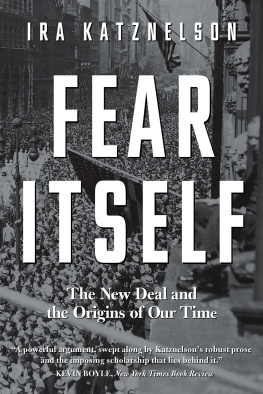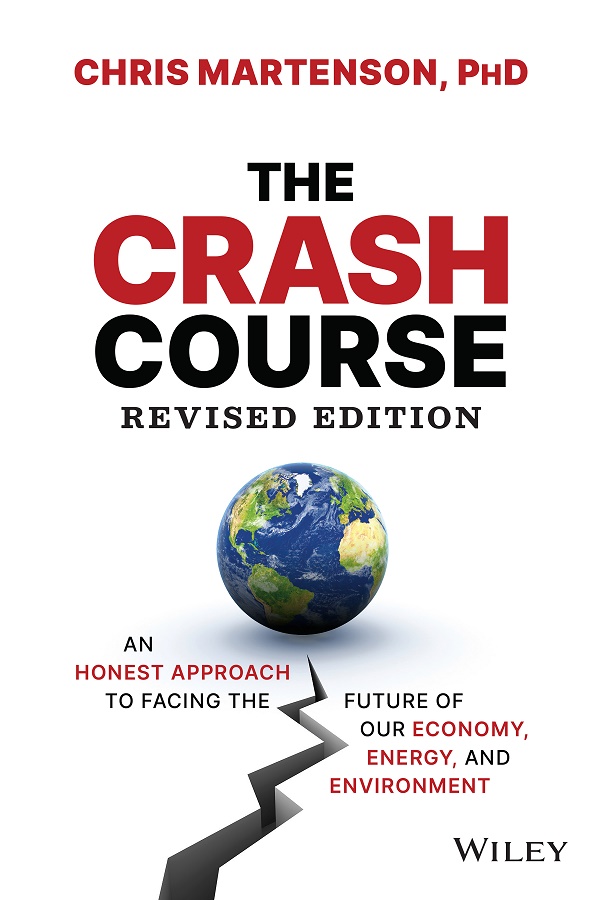
Table of Contents
List of Illustrations
- Chapter 5
- Chapter 6
- Chapter 9
- Chapter 11
- Chapter 12
- Chapter 13
- Chapter 14
- Chapter 16
- Chapter 17
- Chapter 18
- Chapter 19
- Chapter 20
- Chapter 21
- Chapter 31
Guide
Pages
CHRIS MARTENSON, PhD
THE CRASH COURSE
REVISED EDITION
AN HONEST APPROACH TO FACING THE FUTURE OF OUR ECONOMY, ENERGY, AND ENVIRONMENT

Copyright 2023 by Chris Martenson. All rights reserved.
Published by John Wiley & Sons, Inc., Hoboken, New Jersey.
Published simultaneously in Canada.
No part of this publication may be reproduced, stored in a retrieval system, or transmitted in any form or by any means, electronic, mechanical, photocopying, recording, scanning, or otherwise, except as permitted under Section 107 or 108 of the 1976 United States Copyright Act, without either the prior written permission of the Publisher, or authorization through payment of the appropriate percopy fee to the Copyright Clearance Center, Inc., 222 Rosewood Drive, Danvers, MA 01923, (978) 7508400, fax (978) 7504470, or on the web at www.copyright.com. Requests to the Publisher for permission should be addressed to the Permissions Department, John Wiley & Sons, Inc., 111 River Street, Hoboken, NJ 07030, (201) 7486011, fax (201) 7486008, or online at http://www.wiley.com/go/permission.
Trademarks: Wiley and the Wiley logo are trademarks or registered trademarks of John Wiley & Sons, Inc. and/or its affiliates in the United States and other countries and may not be used without written permission. All other trademarks are the property of their respective owners. John Wiley & Sons, Inc. is not associated with any product or vendor mentioned in this book.
Limit of Liability/Disclaimer of Warranty: While the publisher and author have used their best efforts in preparing this book, they make no representations or warranties with respect to the accuracy or completeness of the contents of this book and specifically disclaim any implied warranties of merchantability or fitness for a particular purpose. No warranty may be created or extended by sales representatives or written sales materials. The advice and strategies contained herein may not be suitable for your situation. You should consult with a professional where appropriate. Further, readers should be aware that websites listed in this work may have changed or disappeared between when this work was written and when it is read. Neither the publisher nor authors shall be liable for any loss of profit or any other commercial damages, including but not limited to special, incidental, consequential, or other damages.
For general information on our other products and services or for technical support, please contact our Customer Care Department within the United States at (800) 7622974, outside the United States at (317) 5723993 or fax (317) 5724002.
Wiley also publishes its books in a variety of electronic formats. Some content that appears in print may not be available in electronic formats. For more information about Wiley products, visit our web site at www.wiley.com.
Library of Congress CataloginginPublication Data is Available:
ISBN 9781394168866 (cloth)
ISBN 9781394168873 (ePub)
ISBN 9781394168880 (ePDF)
Cover Design: Wiley
Cover Images: Harvepino/iStock/Getty Images, alexsl/iStock/Getty Images
Acknowledgments
This book is dedicated to Evie Botelho, without whom my life would be far less vibrant and who has been teaching me about the healing nature of love. And to my children, Erica, Simon, and Grace, who provide me with all the reasons any father could want to leave behind a better world. I love them all dearly.
I'd also like to recognize and thank my entire team at Peak Prosperity, who are as dedicated and as tireless a team as any: Aaron McKeon, Michael Congero, and Ryan Tiefen, with a very special shoutout to Morgan Stewart for his copyediting and proofing under pressure.
I would also like to acknowledge a few of the people who have helped me get through these past few years with my energy and soul intact: Jeff Hanson for being a great ally and friend, Paul Marik and Pierre Kory for their incredible and inspiring integrity, and Joyce Kamen and Kelly Bauman for their unwavering focus on helping people. Dan Edwards for helping out around the farm while I was otherwise occupied, and Jason Yost for holding down a huge project. Dave Pare and Pete Smith for endless hours of talking as we puzzled through all the subjects herein and many more besides. Jason Feldman for being a fantastic friend and critical mind who helped enormously with our special Brookside project and for bringing incredible subjects to my attention. Ted Cleary for levity, good food, puzzling out the world, and making us all laugh.
Finally, a huge and boisterous shoutout goes to my many followers and supporters, many of whom have been with me every step of the way over the years, been faithful advocates for truth, and who contribute daily to making Peak Prosperity what it is. None of it could have or would have been possible without you. My instinct is to list the hundreds of deserving names here, but space won't allow it and I fear accidentally leaving someone out. This book is for each and every one of you. Thank you from the bottom of my heart for allowing me to do what I do bestbe your faithful information scout.
Introduction
We are at peak prosperitya golden moment in human history when human creativity, industrial systems and knowhow, and abundant energy supplies have happily coincided to create the highest standards of living for the most people in all of history. It's all coming to an end. But that's not necessarily a bad thing and for those who are prepared, the future could be even more fulfilling and entertaining than the past.
This book will help you foresee the future, but not by invoking spooky divinations. It simply provides a framework for seeing the world as it actually is, not as we might wish it to be. It offers a view usually relegated to the dusty edges of inquiry, where a few wildhaired professors and rebel intellectuals have gathered for years. One that dares to suggest that limits exist and that humans are not actually all that different from any other organism on the planet when it comes to exploiting resources. Over here on the fringe, it's a lot less lonely than it used to be as millions of people are waking up to the many troubles we face and are beginning to ask the right questions.
My perspective comes from being a devoted outsider after being a deep insider. My PhD in Pathology from Duke, my MBA from Cornell, and my successful stints working in a couple of Fortune 300 companies mean I understand the current game and how it's played. But over the past 15 years, I have been a deep outsider, too. I've spent years in relative isolation thinking and researching and writing and then researching some more. I inhabit all corners of the internet, from the mainstream to quirky intellectual outposts. Psychology tests indicate that my highest personal values are freedom of thought, intellectual curiosity, and integrity. In other words, I am not afraid to run against the crowd and come to unpopular conclusions.
Where has all that fiercely independent research brought me? To this one big insight: Our entire way of life is completely and hopelessly unsustainable. It's nothing personal, it's just basic math. Our monetary system and our economic model are both based on perpetual exponential growth, which are impossibilities on a finite planet. Fashioned at a time when the world seemed bountiful without end, those ideas are now completely due for a toptobottom overhaul. If we don't do it at this time, the end is easily predicted; we'll carry on until some sort of a massive calamity brings it all to a sudden and painful crash. This book is written with the hope that there's still time to grab the steering wheel and wrestle this car safely to the side of the road. In that sense, it is optimistic.
Next page

